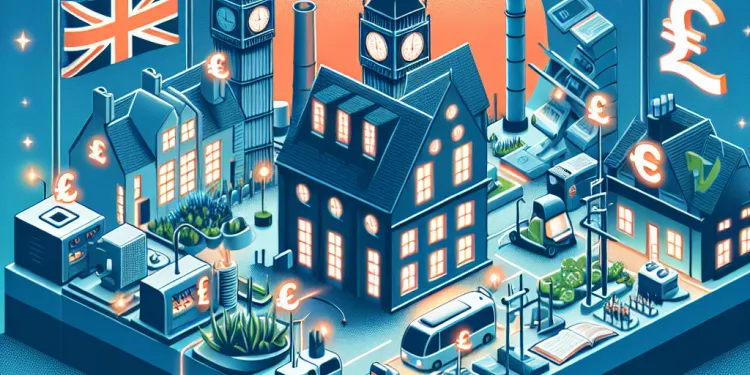
Find Help
More Items From Ergsy search
-
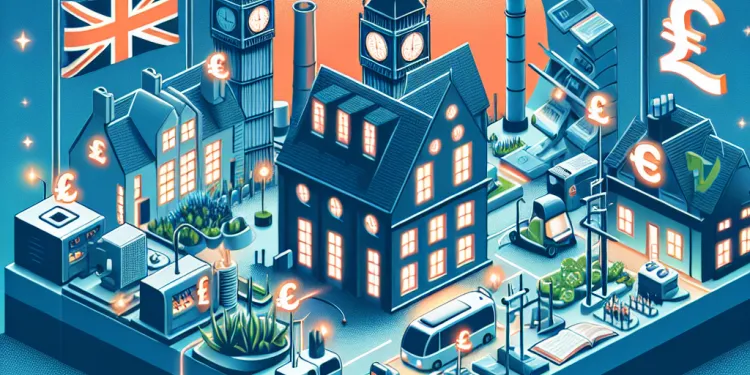
Can energy suppliers charge less than the price cap?
Relevance: 100%
-

What happens if my energy supplier charges above the price cap?
Relevance: 99%
-
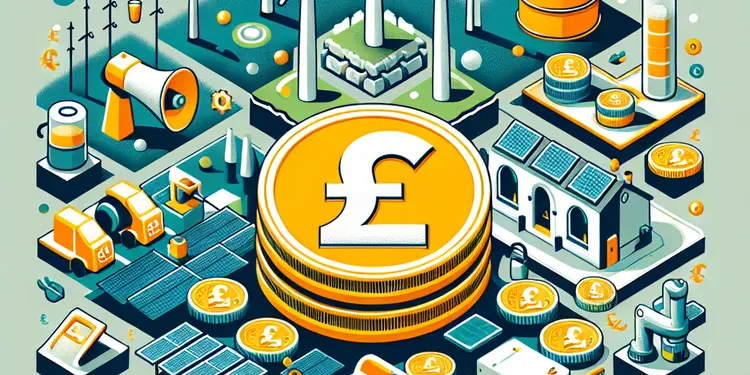
What is the UK's energy price cap?
Relevance: 95%
-
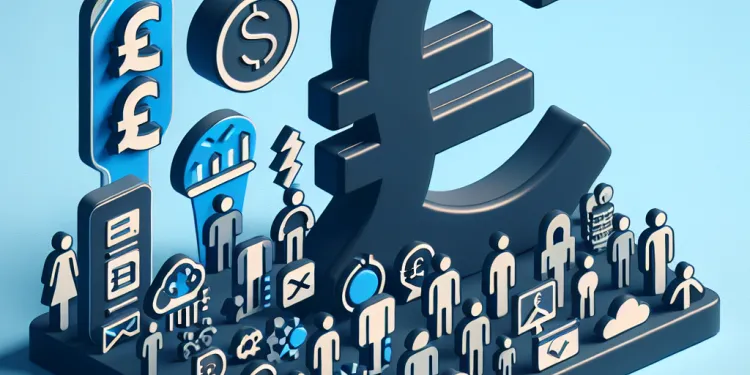
What is the energy price cap?
Relevance: 95%
-
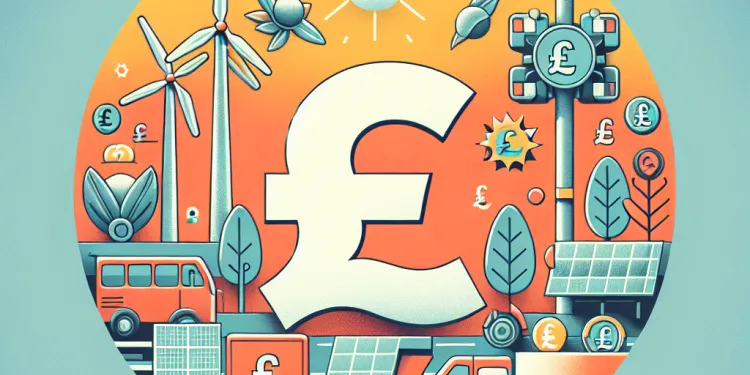
What is the Energy Price Cap in the UK?
Relevance: 95%
-
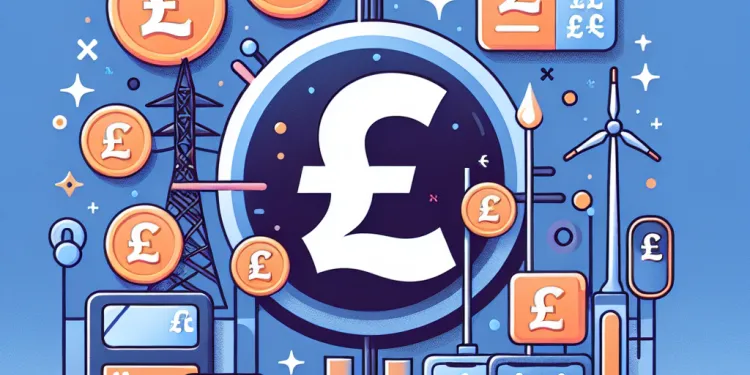
Why was the energy price cap introduced?
Relevance: 93%
-
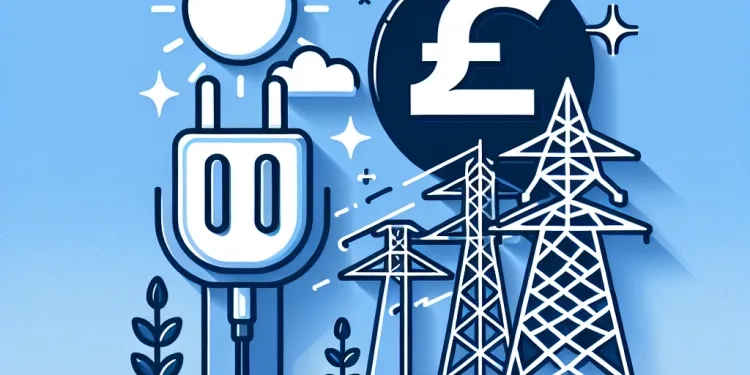
When was the energy price cap introduced?
Relevance: 93%
-
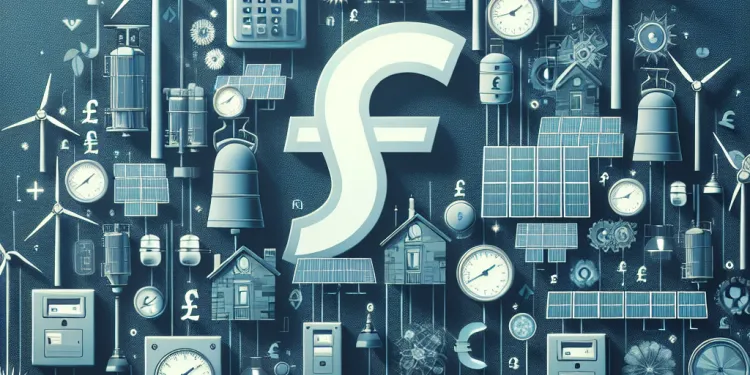
How is the energy price cap calculated?
Relevance: 92%
-
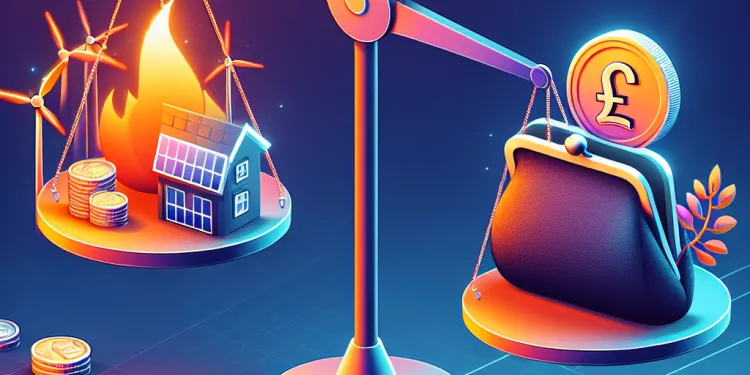
Is the energy price cap the same for everyone?
Relevance: 91%
-

How does the energy price cap affect my energy bills?
Relevance: 88%
-
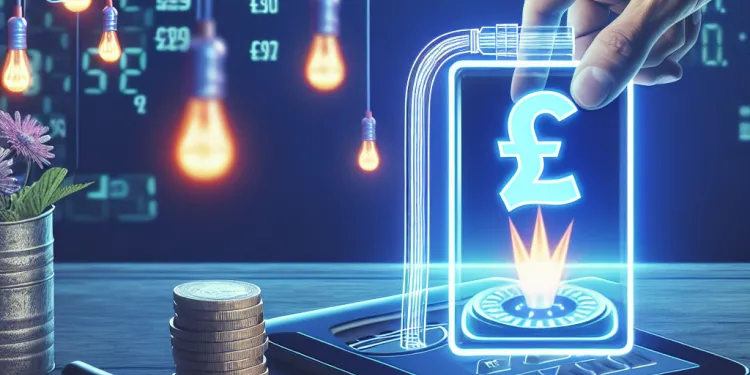
Can the energy price cap go down as well as up?
Relevance: 88%
-
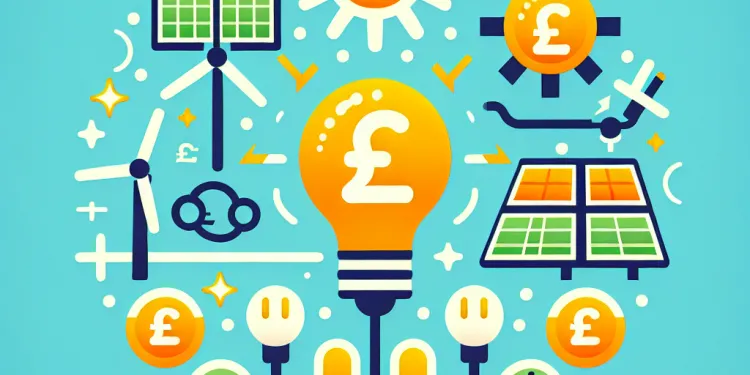
How does the energy price cap affect green energy tariffs?
Relevance: 87%
-
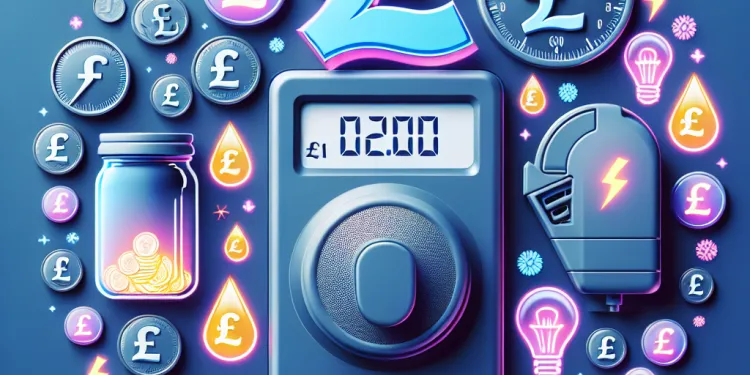
Does the energy price cap apply to prepayment meters?
Relevance: 87%
-
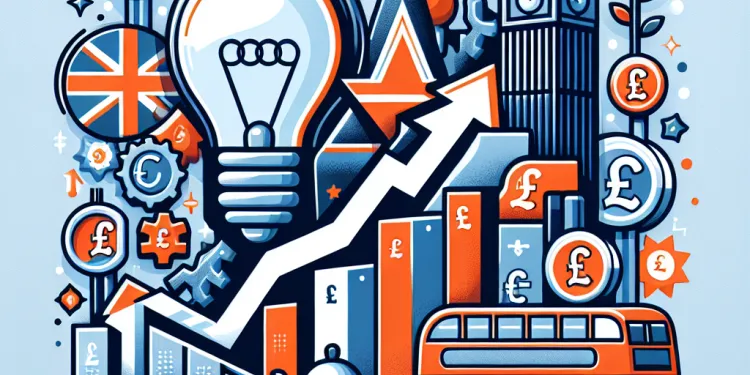
Is the energy price cap being reviewed due to market changes?
Relevance: 86%
-
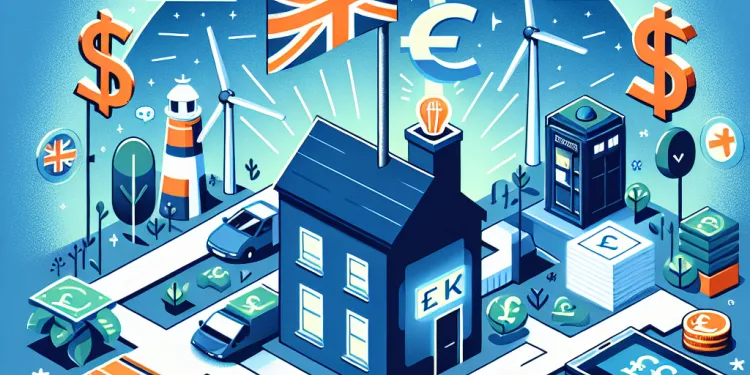
Can I still save money by switching suppliers if the price cap is in place?
Relevance: 86%
-
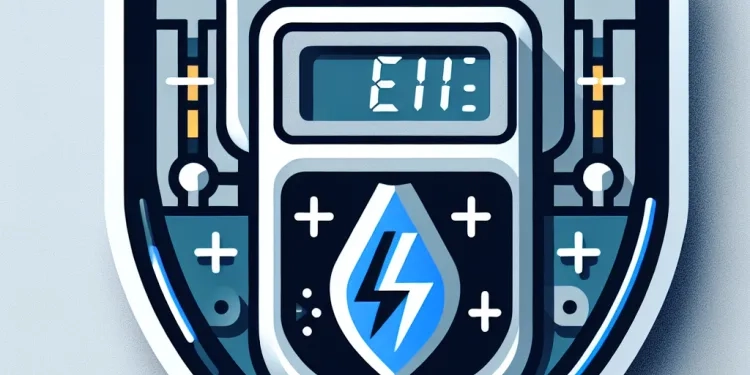
Does the energy price cap apply to all energy tariffs?
Relevance: 86%
-

How often is the energy price cap reviewed?
Relevance: 86%
-

Does the energy price cap guarantee my total bill?
Relevance: 86%
-
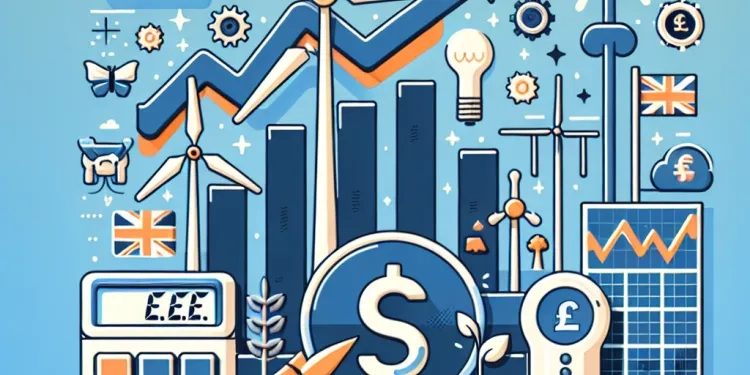
What factors influence changes to the energy price cap?
Relevance: 85%
-
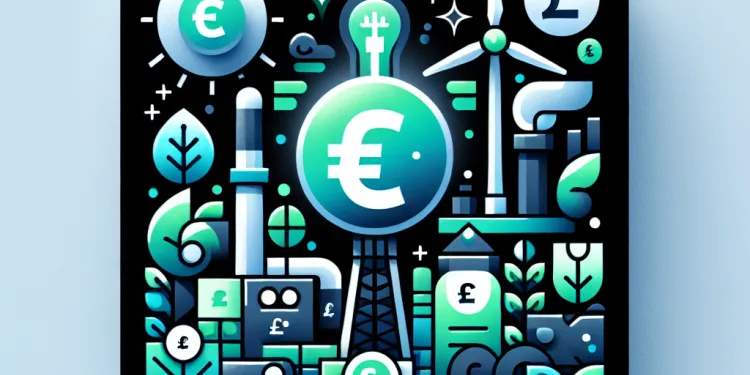
Where can I find more information about the energy price cap?
Relevance: 81%
-
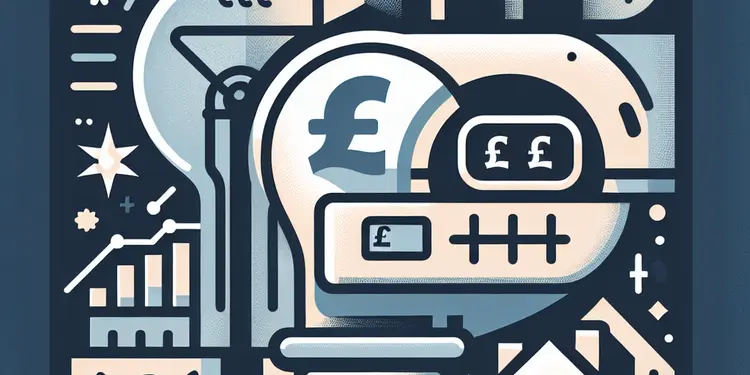
Are energy prices regulated in the UK?
Relevance: 81%
-
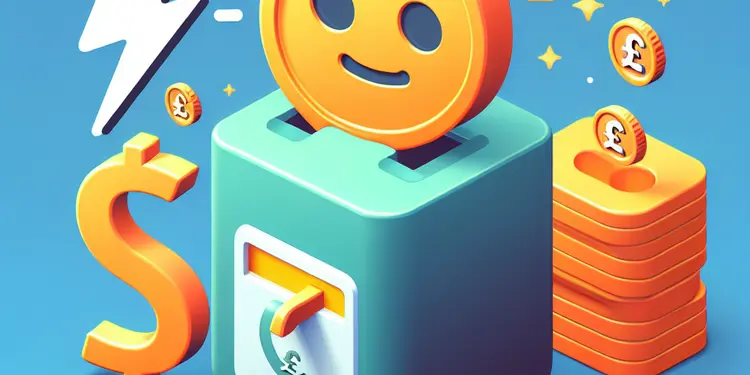
Do energy suppliers offer discounts on electricity prices?
Relevance: 74%
-

Who sets the energy price cap?
Relevance: 65%
-
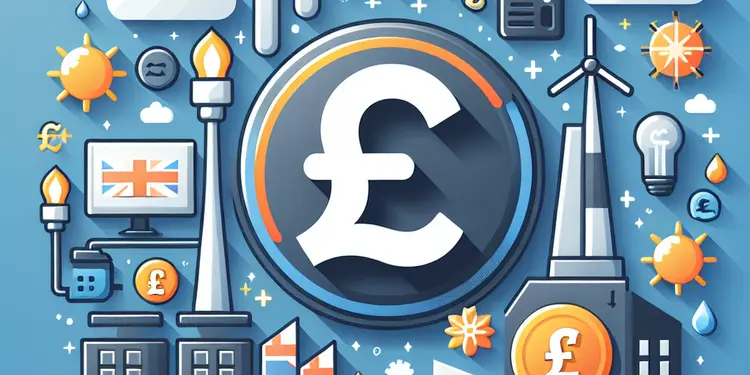
How can I choose the right energy supplier?
Relevance: 62%
-
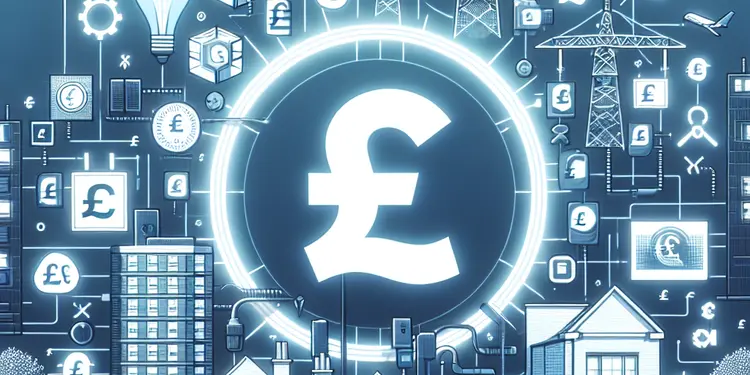
How can I choose the right energy supplier?
Relevance: 61%
-
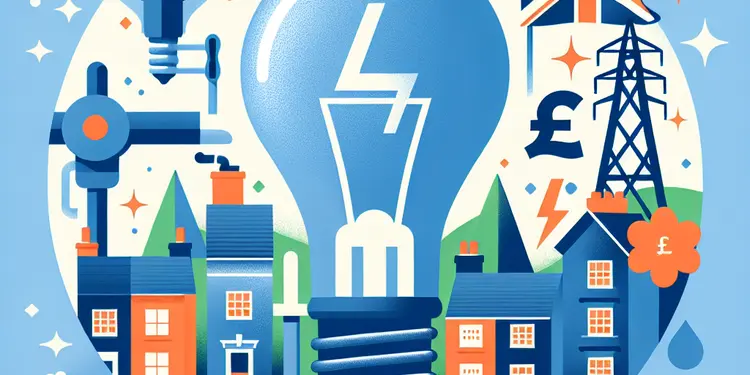
What factors influence the difference in electricity prices among UK energy companies?
Relevance: 58%
-
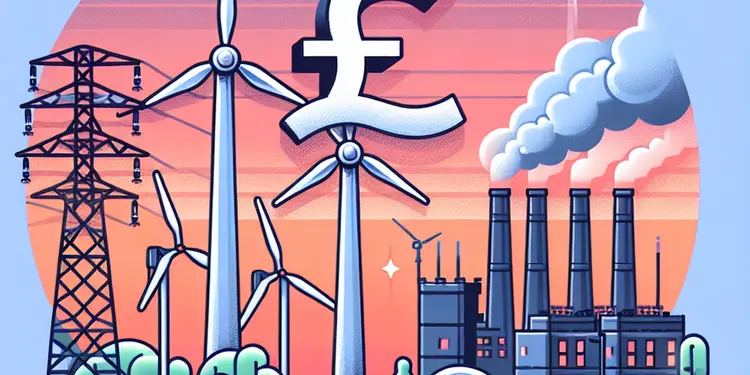
Do all UK energy companies cahrge the same for electricity
Relevance: 55%
-
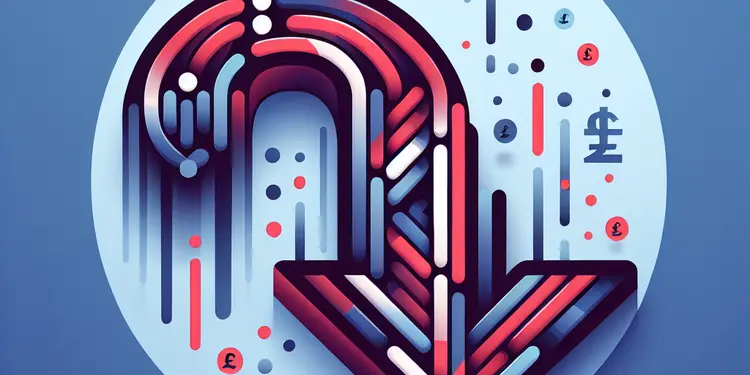
When was the last significant decrease in UK energy prices?
Relevance: 55%
-
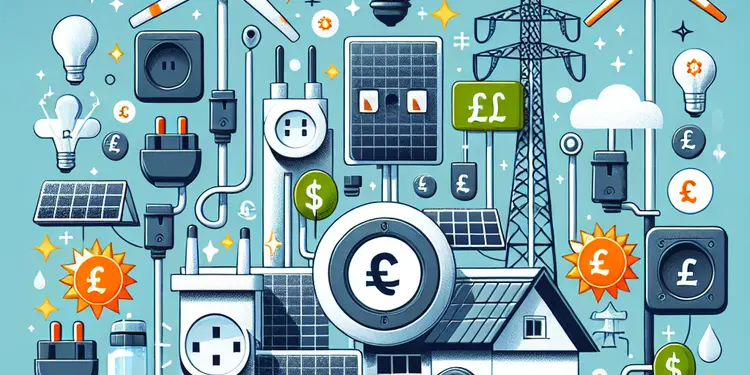
How often do energy companies review their electricity prices?
Relevance: 54%
-
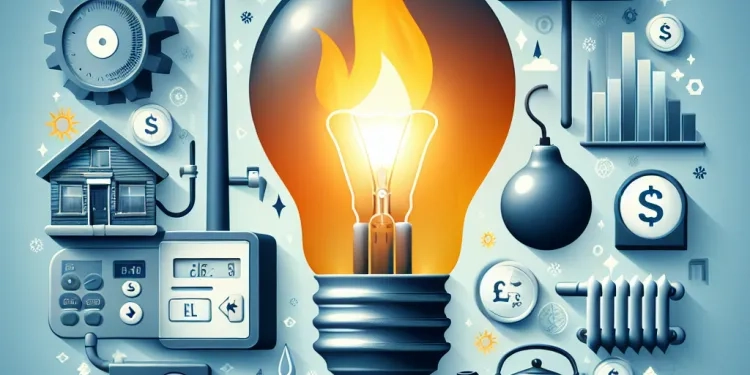
Impact of Rising Energy Prices on Household Budgets
Relevance: 54%
-
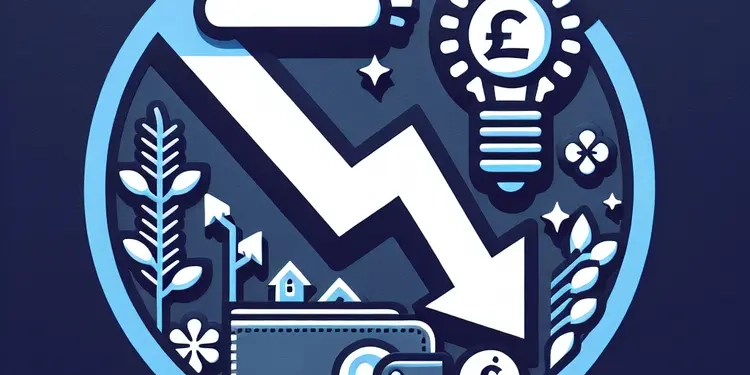
When will energy bills come back down in the UK?
Relevance: 53%
-
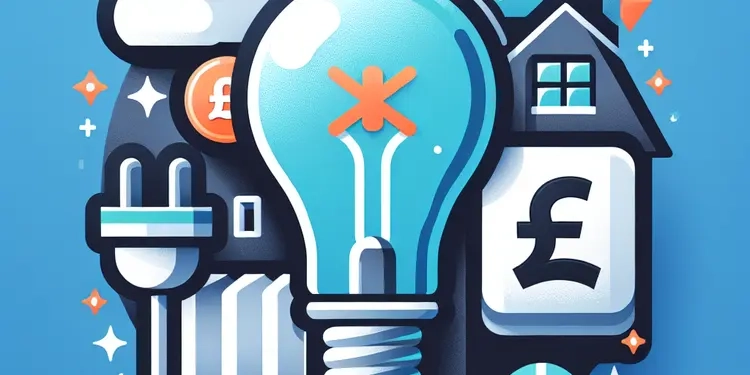
Do all UK energy companies charge the same for electricity?
Relevance: 52%
-
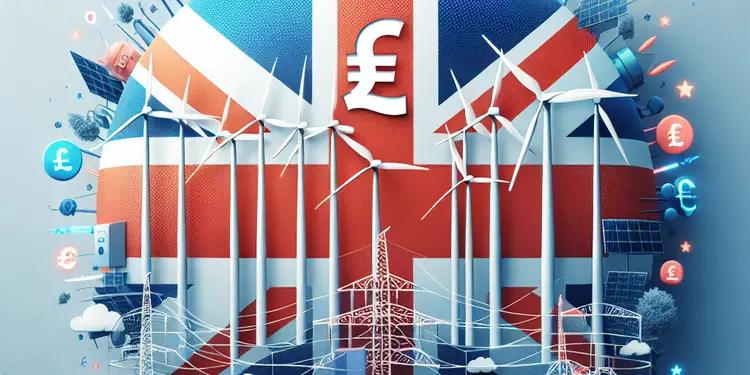
How does global energy demand affect UK energy prices?
Relevance: 51%
-
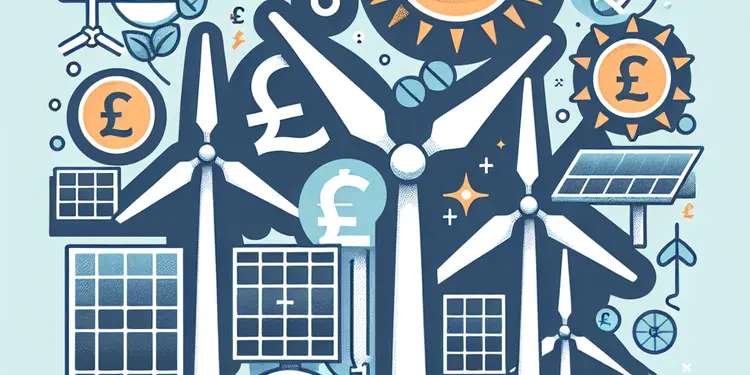
What role do renewable energy sources play in energy pricing?
Relevance: 51%
-
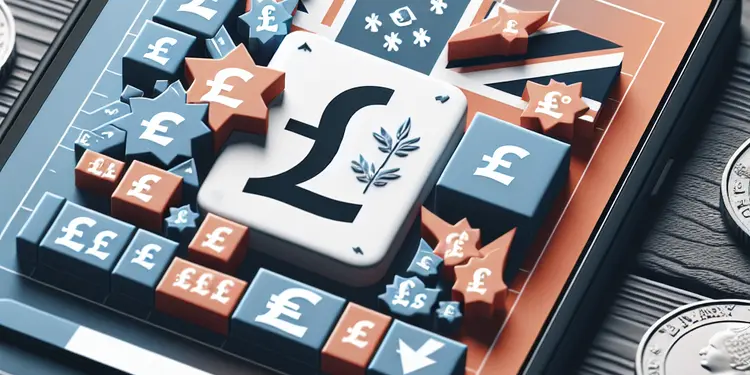
How can government intervention affect energy prices?
Relevance: 51%
-
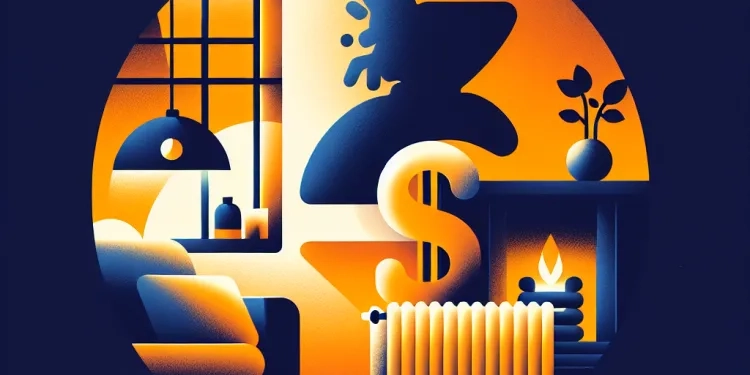
Do all energy suppliers offer the Warm Home Discount?
Relevance: 51%
-
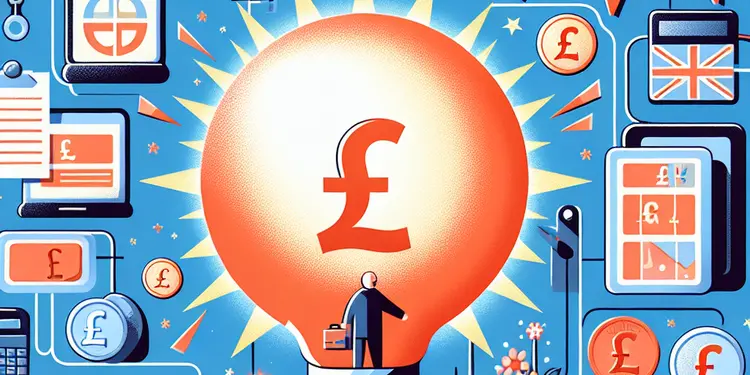
Is the cheapest electricity supplier always the best choice?
Relevance: 49%
-
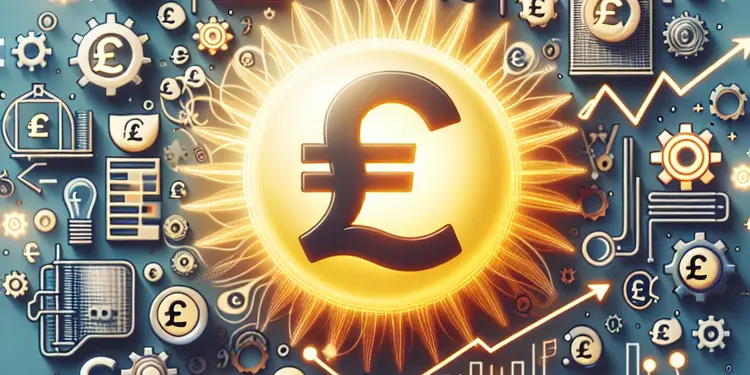
Have energy prices in the UK historically fluctuated?
Relevance: 48%
-
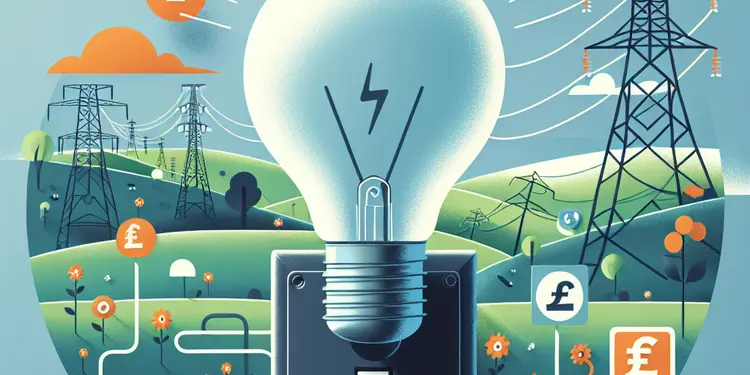
What should consumers consider when switching electricity suppliers?
Relevance: 44%
-
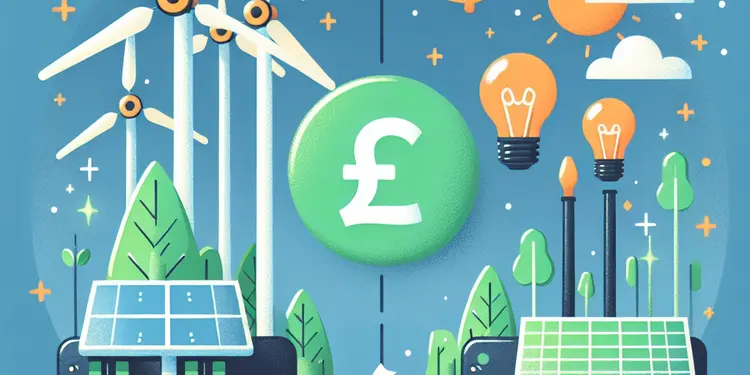
Are green energy tariffs more expensive than standard tariffs?
Relevance: 43%
Understanding the Energy Price Cap
The energy price cap is a mechanism set by Ofgem, the regulator for electricity and gas markets in Great Britain, designed to protect consumers from unfair price hikes. It sets a limit on the maximum amount energy suppliers can charge for each unit of gas and electricity. This cap is reviewed and adjusted periodically, taking into account changes in the wholesale energy market and other costs incurred by suppliers. The primary goal of the price cap is to ensure that customers pay a fair price for their energy and are shielded from sudden increases in energy prices.
Can Energy Suppliers Charge Less Than the Price Cap?
Yes, energy suppliers can charge less than the price cap. The price cap represents the maximum amount that can be charged, not a fixed or minimum price. This means that energy companies have the flexibility to offer competitive rates below the cap to attract and retain customers. Some suppliers indeed offer tariffs that are priced below the cap, providing consumers with the opportunity to save money on their energy bills. These competitive tariffs are often found on comparison sites and can include fixed-rate deals where the price per unit of energy is locked in for a set period.
The Role of Competition in Energy Pricing
Competition plays a crucial role in driving prices below the cap. With numerous suppliers in the market, companies strive to offer attractive tariffs and services to win over consumers. This results in some firms pricing their energy offerings below the capped rate as a means to distinguish themselves from competitors. Consumers can benefit by shopping around and selecting a supplier that offers lower rates or better terms than their current provider.
How to Benefit from Lower Prices
Consumers can benefit from prices below the energy cap by actively comparing tariffs from various suppliers. Energy comparison websites provide an easy way to evaluate different options, making it simple for consumers to switch to a plan that offers lower rates. It's important for consumers to check whether there are any exit fees associated with leaving their current supplier, especially if they are on a fixed-term contract, as these could offset potential savings.
Challenges and Considerations
While some suppliers offer prices below the cap, not all consumers may have access to these deals due to regional variation or specific usage patterns. Additionally, the potential for suppliers to charge below the cap may fluctuate due to wholesale energy price changes. Consumers need to remain vigilant and regularly review their energy plans to ensure they continue to benefit from competitive rates. It’s also advisable to consider the financial stability and customer service ratings of a supplier even when attracted by lower prices.
Understanding the Energy Price Cap
The energy price cap is a rule to stop companies from charging too much for gas and electricity in Great Britain. Ofgem, which is in charge of these markets, sets this rule. The cap is the highest price companies can charge for energy. This rule is checked and changed when needed. The main aim is to make sure people pay a fair price and to stop sudden price increases.
Can Energy Suppliers Charge Less Than the Price Cap?
Yes, energy suppliers can charge less than the price cap. The cap is the most they can charge, not the least. This means companies can offer cheaper prices to get more customers. Some companies have deals cheaper than the cap. You can find these deals on comparison websites. Some deals have fixed prices, which means the price stays the same for a set time.
The Role of Competition in Energy Pricing
Competition helps make energy prices lower. There are many energy companies, and they all want your business. This makes them offer better prices. Some companies charge less than the cap to stand out. You can save money by choosing a company with lower prices or better offers than your current one.
How to Benefit from Lower Prices
You can save money by looking at different energy deals. Energy comparison websites make this easy. They help you find a plan with lower prices. Before you change to a new supplier, check if there are any fees to leave your old plan. Sometimes these fees can reduce your savings.
Challenges and Considerations
Not everyone can get deals below the cap. It can depend on where you live or how much energy you use. Energy companies can change their prices often. So, keep checking your energy plan to make sure you have a good deal. Also, check if the company is reliable and has good customer service before choosing them, even if their prices are low.
Frequently Asked Questions
What is an energy price cap?
An energy price cap is a limit set by the government on the maximum amount that energy suppliers can charge customers on a default or standard variable tariff for their energy usage.
Can energy suppliers charge less than the price cap?
Yes, energy suppliers can charge less than the price cap. The cap is a maximum limit, not a fixed rate. Suppliers can offer competitive rates below the cap.
Why would an energy supplier charge less than the price cap?
Suppliers might charge less than the cap to attract new customers, retain existing ones, or remain competitive in the market.
How often is the energy price cap reviewed?
The energy price cap is typically reviewed every six months by the relevant regulatory body.
Are all customers affected by the energy price cap?
The energy price cap affects customers who are on default or standard variable tariffs. It does not apply to customers on fixed-rate tariffs.
How can I find out if my supplier charges below the price cap?
You can compare tariffs offered by your supplier with the currently approved price cap and look at alternative plans they offer.
What happens if the energy price cap is lowered?
If the energy price cap is lowered, suppliers must adjust their tariffs accordingly so that customers on default or standard variable rates are charged within the new limits.
Does switching suppliers guarantee a rate below the price cap?
Not necessarily. While switching can help you find a cheaper rate, it doesn't guarantee it will be below the price cap. It's important to compare specific tariff rates.
If the price cap is increased, will my bills automatically go up?
If you are on a default or standard variable tariff, your supplier might increase your rates, but it's still bound by the new cap limit. However, fixed-rate deals aren't affected by changes in the cap until they end.
Are there any penalties for suppliers charging above the price cap?
Yes, suppliers that charge above the cap can face regulatory actions, fines, and be required to compensate affected customers.
Can fixed-rate tariffs be cheaper than the price cap?
Yes, fixed-rate tariffs can often be cheaper than the cap, depending on market conditions and supplier offerings at the time the contract is signed.
How does the price cap benefit consumers?
The price cap helps ensure that consumers are not overcharged for energy, particularly those who do not actively shop around for better tariffs.
Is the price cap the same for gas and electricity?
The price cap is generally set separately for gas and electricity, as they have different market conditions and costs.
Do other countries have energy price caps?
Yes, some other countries also implement energy price caps to protect consumers, although the structure and regulatory environment may differ.
Who regulates and sets the energy price cap?
The energy price cap is typically set by a national regulatory body for energy, which monitors the market and consumer tariffs.
Is it possible for the energy price cap to be abolished?
While any regulation, including the energy price cap, can potentially change or be abolished, this would likely involve a detailed review and public consultation process.
What should I do if I notice my supplier charging above the price cap?
Contact your supplier immediately to resolve the issue. If unresolved, you may escalate it to the energy regulator or an ombudsman for further action.
Does the price cap include standing charges?
Yes, the price cap includes both the unit rate for energy used and the standing charge, which is a fixed daily charge.
How can I ensure I'm paying the best rate for my energy?
Regularly compare energy tariffs, consider switching suppliers, and review whether your current plan still meets your needs.
What impact does the wholesale energy market have on the price cap?
The price cap is influenced by factors including the wholesale energy market prices, which are a significant component of the overall cost to supply energy.
What is an energy price cap?
An energy price cap stops companies from charging too much for gas and electricity. This helps to keep bills fair and stops prices from going too high.
Tip: Use picture aids or videos to understand better. A helper or family member can also explain it to you.
An energy price cap is a rule made by the government. It tells how much money energy companies can charge you for using energy. This rule helps keep energy prices fair.
Can energy companies charge less than the price cap?
Energy companies can charge less than the price cap. The price cap is the most they can charge you. Look for deals and offers to save money.
Yes, energy companies can charge less than the price limit. The limit is the highest they can charge, not the only price they can use. Companies can offer lower prices.
Why might an energy company charge you less?
Sometimes, an energy company might ask you to pay less money than the allowed maximum price. This can happen for a few reasons.
- They want to attract more customers.
- They might have lower costs, so they can afford to charge less.
- They could be offering a special deal or discount.
If you need help understanding, you can ask someone to explain it to you. You could also use a drawing or a picture to see how it works. Using simple apps or speaking to a friendly helper can also make things clearer.
Suppliers might ask for less money than the limit to get new customers, keep the ones they have, or stay ahead in the market.
How often do they check the energy price limit?
The group that looks at energy prices checks them every six months to make sure they are not too high.
Does the energy price cap affect everyone?
The energy price cap is about the highest price for electricity or gas.
It helps people who have standard energy plans. These plans are not fixed.
If you have a fixed-price plan, this does not affect you.
If you need help, ask someone to explain it to you or use tools like audiobooks or screen readers.
How do I know if my supplier charges less than the price limit?
Here are some steps you can follow:
- Check your bills: Look at the numbers on your bill. See what they say about prices.
- Call your supplier: You can ask them directly if their prices are below the limit.
- Use a price comparison website: These websites let you compare prices from different suppliers.
- Ask for help: You can ask a family member, friend, or support worker to help you understand the bills.
You can also use tools like calculators to help you understand the numbers.
You can look at what your energy company charges and compare it to the maximum price allowed right now. You can also see if they have different plans that might be better for you.
What if the energy price limit goes down?
Energy price limit means how much people can be charged for electricity and gas.
If this limit goes down, energy bills might get cheaper.
People might pay less money for their energy at home.
Using online helpers or asking someone you trust to explain can be useful.
If the rules say energy prices must be lower, energy companies have to change their prices. This means people with basic or regular energy plans will pay the right amount.
Will changing gas or electricity companies help me pay less?
No, not always. Changing to a different plan might help you find a cheaper price, but it doesn't always mean it will be below the highest allowed price. It's important to look at the specific prices of different plans.
You can use sites like "MoneySavingExpert" to compare prices. You can also ask a friend or family member to help you understand the prices.
If the price cap goes up, will my bills go up too?
If the cost limit gets bigger, will my costs go up too?
Sometimes people who sell us energy, like gas and electricity, must follow rules to keep their prices from getting too high. This is called a 'price cap.'
If the rules change and the price cap is higher, it might mean your bills could go up. But not always! It depends on what you pay now and who your energy provider is.
To understand better, you can:
- Talk to your energy provider. They can explain if your bills will change.
- Use a calculator online to see how your bill might change.
- Ask a friend or family member to help you check.
If you have a normal energy deal, your bill might go up. But, there is a new rule that stops it from going too high. If you have a fixed-price deal, your bill won't change until your deal ends.
What happens if suppliers charge too much money?
Suppliers must follow rules about how much they can charge. These rules are called a price cap.
If a supplier asks for more money than the rules allow, there can be consequences. Consequences mean something happens because they broke the rule.
One of the things that can happen is a fine. A fine is when they have to pay money as a punishment.
There are tools and techniques to help understand these rules better:
- Use pictures or drawings to show what a price cap looks like.
- Make a checklist of what suppliers can and cannot do.
- Ask a helper or friend if you need more explanations.
If a company charges too much money, it can get in trouble. It might have to pay a fine or give money back to customers.
Can fixed-rate energy deals cost less than the price limit?
Yes, fixed-rate plans can sometimes be cheaper than other options. It depends on what is happening in the market and what deals are available when you sign up.
How does the price cap help people?
A price cap is a limit on how high a price can be for something important, like electricity or gas. This limit helps people because it keeps costs down.
Here’s how it helps you:
- It stops prices from getting too high.
- It makes it easier to pay for things like heat and light.
- It protects your money when prices want to go up a lot.
If you find reading hard, you can ask someone to explain it to you, or use pictures to help understand.
The price cap makes sure people do not pay too much money for their energy. This is important for people who do not look for better deals.
Do gas and electricity cost the same?
Sometimes gas and electricity prices are different.
You can ask for help if you are unsure. Using a calculator can help too.
The price cap is the most you can pay. Gas and electricity have different prices. So, the price cap is set for gas, and a different one is set for electricity.
Do other countries have limits on energy prices?
Yes, other countries also have energy price caps. This helps keep energy costs low for people. Each country does it a bit differently.
Who decides and controls the top limit for energy prices?
The energy price cap is the highest price that can be charged for energy. A big group of people who check energy prices and make sure things are fair usually set this cap. They keep an eye on the market and what people pay for energy.
Can the energy price cap be removed?
Rules like the energy price cap can change or stop. If this happens, there will usually be a long review process where people talk about it and share their thoughts.
What if my supplier charges too much?
If you think your supplier is charging you too much money, here is what you can do:
- Check your bills again to make sure the price is correct.
- Talk to your supplier and ask them why the price is so high.
- Look for help from someone you trust, like a family member or friend.
- Contact a support group or advisor for help. They can give you advice.
- Keep a record of all letters and emails. Write down what people say when you talk to them. This helps you remember everything.
Don’t worry, you can get help if you need it!
Talk to your energy company right away to fix the problem. If they can’t help, you can ask for more help from the energy regulator or an ombudsman.
Does the price limit include fixed costs?
The price limit is the most you pay for gas and electricity. But does it cover fixed costs too? Fixed costs are fees you pay every day for your energy. Even if you don't use any.
If unsure, ask someone to help. You can use online tools or apps to make reading easier. Or ask a friend or family member.
Yes, the price cap covers two things:
1. The cost for the energy you use.
2. The standing charge you pay every day.
How can I make sure I pay the best price for my energy?
Here are some simple steps:
- Read your energy bill carefully. Check what you are paying.
- Look at other energy company prices. See if they are cheaper.
- Use websites that compare prices. They can help you find good deals.
- Think about using less energy. Turn off lights when not needed.
- Get help from a family member or friend if you find it hard.
You can also use tools like a calculator to help you understand numbers better.
Check the prices for electricity and gas often. You can think about changing companies if you find a better deal. See if the plan you have now is still the best for you.
How does the big energy market change the price limit?
The big energy market is where companies buy and sell energy. This can make energy prices change.
The price limit is a rule that stops energy prices from going too high.
If the big energy market prices go up, it can make the price limit go up too. If the big energy market prices go down, the price limit might go down.
Try using pictures or videos to help understand more. You can also ask a helper or use apps that explain things simply.
The price limit is affected by several things. One big part is the price of energy in the big market where companies buy and sell energy.
Useful Links
This website offers general information and is not a substitute for professional advice.
Always seek guidance from qualified professionals.
If you have any medical concerns or need urgent help, contact a healthcare professional or emergency services immediately.
- Ergsy carfully checks the information in the videos we provide here.
- Videos shown by Youtube after a video has completed, have NOT been reviewed by ERGSY.
- To view, click the arrow in centre of video.
- Most of the videos you find here will have subtitles and/or closed captions available.
- You may need to turn these on, and choose your preferred language.
- Go to the video you'd like to watch.
- If closed captions (CC) are available, settings will be visible on the bottom right of the video player.
- To turn on Captions, click settings .
- To turn off Captions, click settings again.
More Items From Ergsy search
-

Can energy suppliers charge less than the price cap?
Relevance: 100%
-

What happens if my energy supplier charges above the price cap?
Relevance: 99%
-

What is the UK's energy price cap?
Relevance: 95%
-

What is the energy price cap?
Relevance: 95%
-

What is the Energy Price Cap in the UK?
Relevance: 95%
-

Why was the energy price cap introduced?
Relevance: 93%
-

When was the energy price cap introduced?
Relevance: 93%
-

How is the energy price cap calculated?
Relevance: 92%
-

Is the energy price cap the same for everyone?
Relevance: 91%
-

How does the energy price cap affect my energy bills?
Relevance: 88%
-

Can the energy price cap go down as well as up?
Relevance: 88%
-

How does the energy price cap affect green energy tariffs?
Relevance: 87%
-

Does the energy price cap apply to prepayment meters?
Relevance: 87%
-

Is the energy price cap being reviewed due to market changes?
Relevance: 86%
-

Can I still save money by switching suppliers if the price cap is in place?
Relevance: 86%
-

Does the energy price cap apply to all energy tariffs?
Relevance: 86%
-

How often is the energy price cap reviewed?
Relevance: 86%
-

Does the energy price cap guarantee my total bill?
Relevance: 86%
-

What factors influence changes to the energy price cap?
Relevance: 85%
-

Where can I find more information about the energy price cap?
Relevance: 81%
-

Are energy prices regulated in the UK?
Relevance: 81%
-

Do energy suppliers offer discounts on electricity prices?
Relevance: 74%
-

Who sets the energy price cap?
Relevance: 65%
-

How can I choose the right energy supplier?
Relevance: 62%
-

How can I choose the right energy supplier?
Relevance: 61%
-

What factors influence the difference in electricity prices among UK energy companies?
Relevance: 58%
-

Do all UK energy companies cahrge the same for electricity
Relevance: 55%
-

When was the last significant decrease in UK energy prices?
Relevance: 55%
-

How often do energy companies review their electricity prices?
Relevance: 54%
-

Impact of Rising Energy Prices on Household Budgets
Relevance: 54%
-

When will energy bills come back down in the UK?
Relevance: 53%
-

Do all UK energy companies charge the same for electricity?
Relevance: 52%
-

How does global energy demand affect UK energy prices?
Relevance: 51%
-

What role do renewable energy sources play in energy pricing?
Relevance: 51%
-

How can government intervention affect energy prices?
Relevance: 51%
-

Do all energy suppliers offer the Warm Home Discount?
Relevance: 51%
-

Is the cheapest electricity supplier always the best choice?
Relevance: 49%
-

Have energy prices in the UK historically fluctuated?
Relevance: 48%
-

What should consumers consider when switching electricity suppliers?
Relevance: 44%
-

Are green energy tariffs more expensive than standard tariffs?
Relevance: 43%


